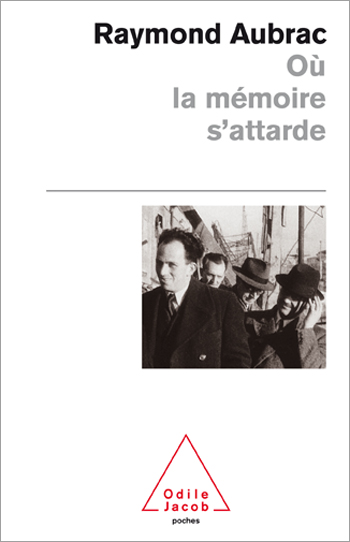History and Geopolitics All books
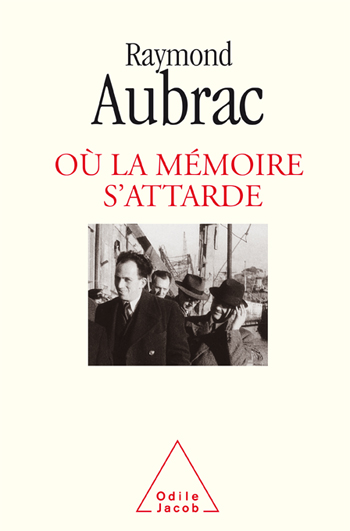
Raymond Aubrac
Where the memory lingers
Discreet by nature and secretive by necessity, Raymond Aubrac has been closely involved in more than half a century of history, in France and abroad. Within France, he is one of the great figures of the Resistance, and is one of the last survivors of the meeting at Caluire, on June 21st 1943, in the course of which Jean Moulin was arrested. A confidant of Ho Chi Minh, Raymond Aubrac also played a central role in the secret negotiations which accompanied the Vietnam war. In this book he gives a new, personal account of these events and others, including his meeting with de Gaulle, his role in the reconstruction of France, and his work at the heart of the UN.
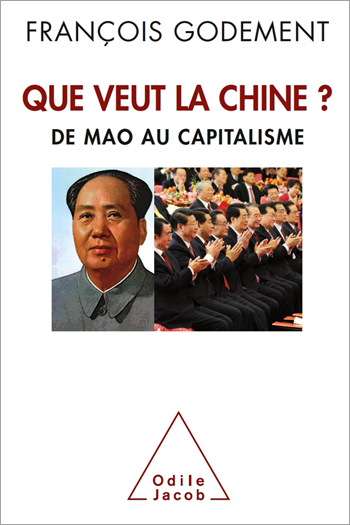
François Godement
Whither China?
A fascinating inquiry into the core of Chinese political life, by an eminent expert on China.
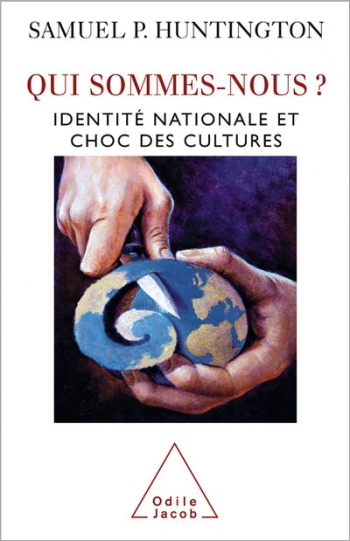
Samuel P. Huntington
Who are we ?
Huntington's latest book provides a caustic analysis of some of the fundamental issues under discussion in the U.S. today.

Gérard Chaliand
Why Do We Lose War? A New Western Art Form
Learning from the military failures of the West and rethinking war
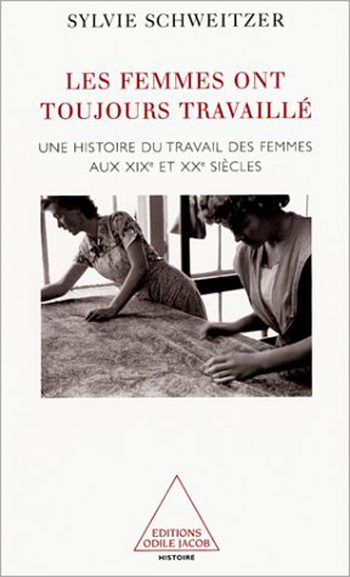
Sylvie Schweitzer
Women Have Always Worked A History of Working Women in the 19th Century
For women, the victory of recent years is one of empowerment in their professional lives: they now have the means to compete with men in every field. Yet societys traditional image of what is a male or female profession remains very powerful. In 2001, French women had managed to enter professions that were previously practically closed to them but French men are still reluctant to enter traditionally female professions. This book reviews two centuries of womens work. It shows that women have always worked but not everywhere. Womens access to increasingly prized jobs goes hand in hand with economic and global development.
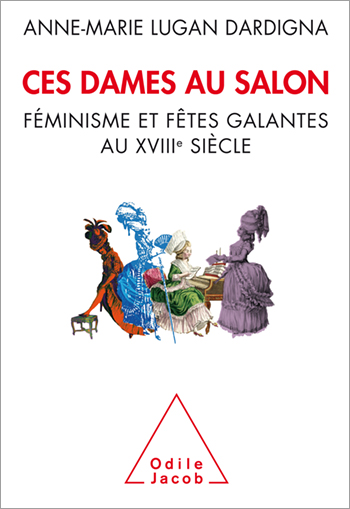
Anne-Marie Lugan Dardigna
Women of Literary Salon Feminism and the Literary Salon: Women in 18th-Century France
In France, the struggle for women’s rights is a very ancient one. In the 17th and 18th centuries it found expression in literary salons led by such famous figures as Madame de Tencin, Madame du Deffant, Madame Geoffrin and later by Madame du Châtelet and Madame d’Epinay.

